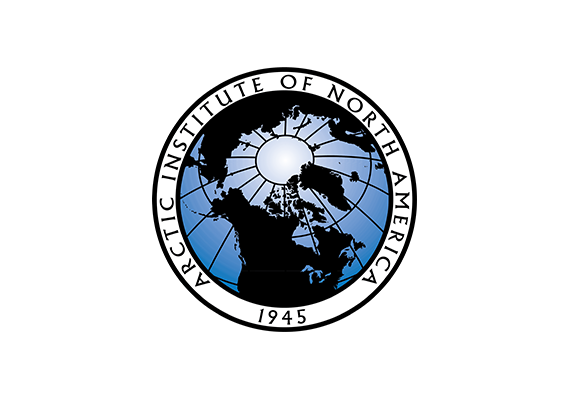
Welcome to AINA
AINA leads and contributes to a wide range of research projects and initiatives, operates the Kluane Lake Research Station in Yukon, manages the ADA: Arctic Discovery & Access digital education service, and publishes the peer-reviewed journal, Arctic.

Dr. Maribeth Murray, Executive Director
Gemma Gerlach
Welcome to the Arctic Institute of North America (AINA), Canada’s first and longest-lived Arctic research institute. We are proud to have been created by an Act of Parliament in 1945 as a nonprofit, tax-exempt research and educational organization and equally proud to have been a part of the University of Calgary since 1976. We have been Permanent Non-State Observers at Arctic Council since Finland’s chairmanship 15 years ago and are privileged to contribute to the Council’s many initiatives, including the Arctic Observing Summit.
In 2015 we celebrated our 70th anniversary with the unveiling of our vision for the future of the Institute— “Advancing Knowledge for a Changing North.” At AINA we work in partnership with northern and Indigenous organizations, researchers, governmental and non-governmental institutions and all others interested in Arctic issues from across Canada and around the world. Our parliamentary mandate is to advance the study of the North American and circumpolar Arctic through the natural and social sciences, the arts and humanities and to acquire, preserve and disseminate information on physical, environmental and social conditions in the North. We strive to meet that mandate through diverse multi- and interdisciplinary research activities, by providing infrastructure in support of research and education at our Kluane Lake Research Station in Yukon, and through our data and publication services, including the respected interdisciplinary, peer-reviewed research journal Arctic, which we have published continuously since 1948.
The Arctic Institute is a unique institution within Canada, and I am honoured to serve as Executive Director. We are excited about the coming years even as the challenges faced in Canada’s North and around the circum-Arctic are great, but they are not insurmountable. We look forward to collaboratively building the knowledge needed for a changing Arctic and a changing planet.
Dr. Maribeth Murray, Executive Director
We conduct, support, preserve, and communicate Arctic research.
Featured Events
Arctic News
Article
UCalgary's Arctic Institute celebrates 80 years of research and education
Since 1945, the Institute has worked to advance and share knowledge and understanding of the Arctic, and its critical role in our shared global future
Article
UCalgary claims top five spot in national research rankings
$588.5M in research revenue puts institution back in number five position
In the News










